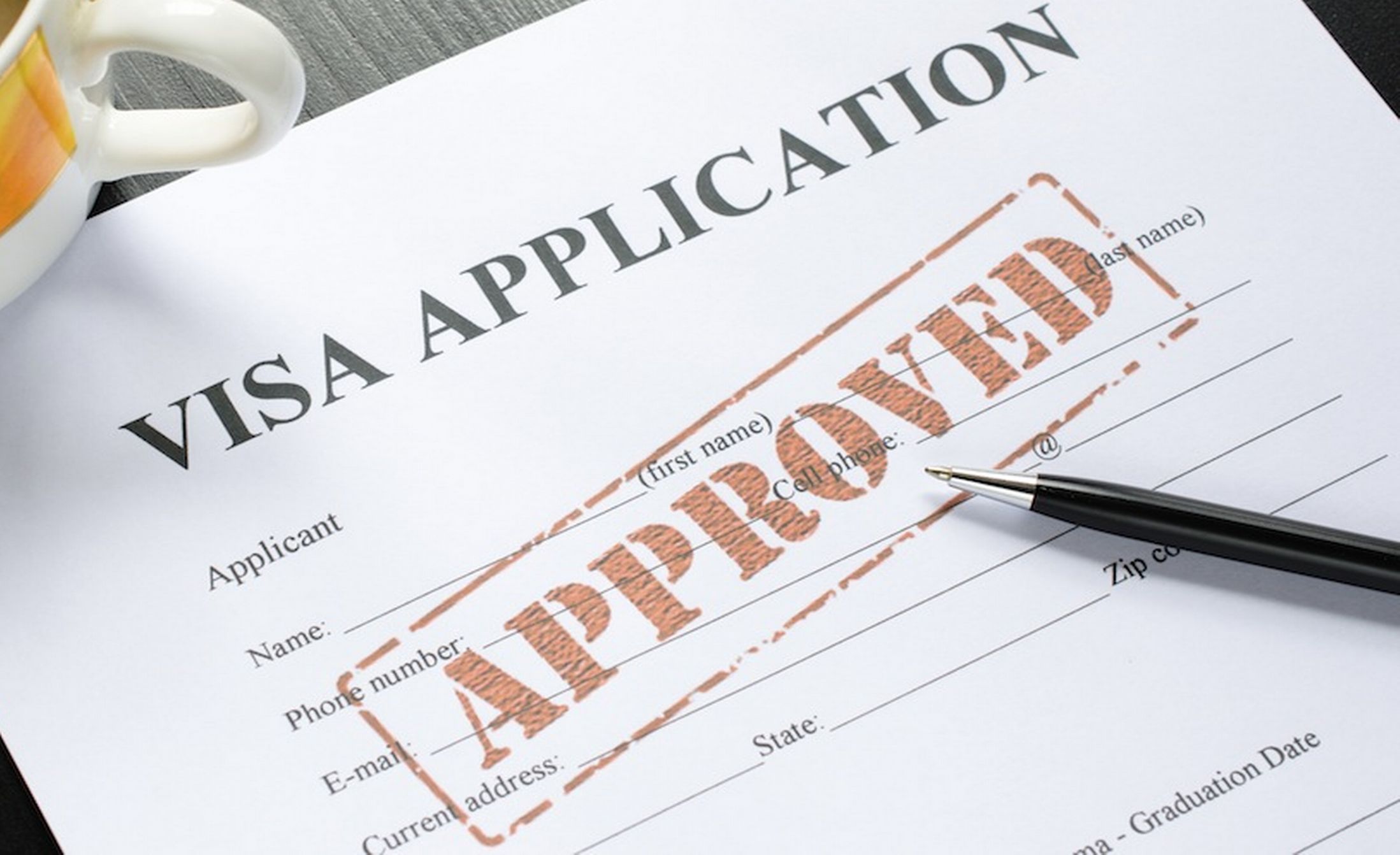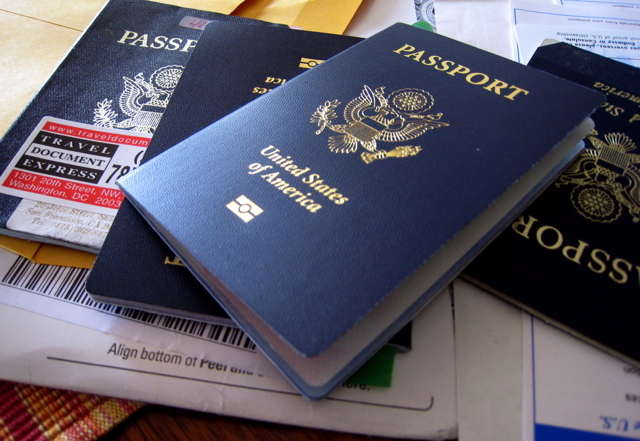
USA Office
Toll Free: 1-888-597-879
Phone: 301-979-7397
Email: info@airzonetravel.com

Nepal Office
Toll Free: 1-888-597-879
Phone: +977-1-5546766
Email: info@airzonetravel.com





